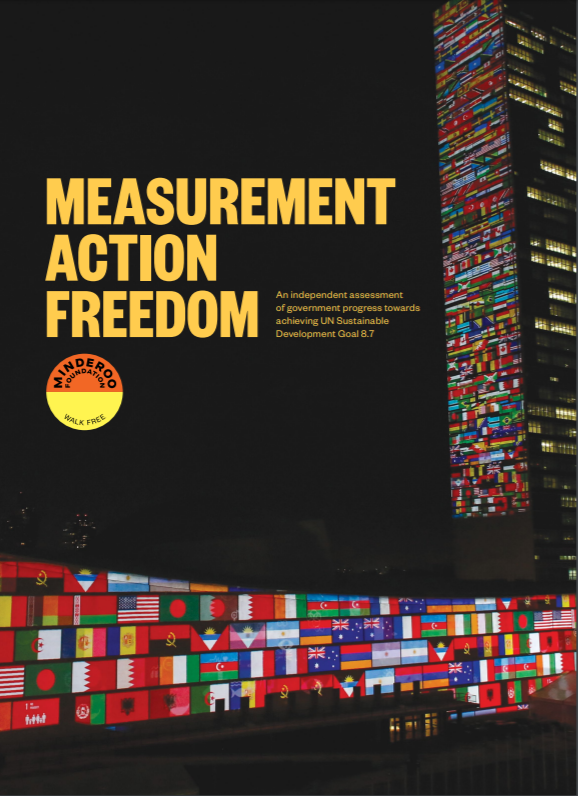No country in the word is exempt from modern slavery. Regardless of size, population or wealth, this insidious crime permeates national borders and global supply chains.
Even in countries with seemingly strong laws and systems, there are critical gaps, particularly for the most vulnerable. Serious, collaborative action to respond to modern slavery is long overdue.
Four years since all UN member states reached agreeent on the Sustainable Development Agenda, progress to achieve SDG 8.7, which aims to eradicate modern slavery, has been incredibly slow. Beyond honouring their commitment to the SDGs, there is a moral imperative for governments to respond to this gross abuse of human rights.
If the world is serious about ending the enslavement of 40.3 million people, governments will need to redouble efforts to identify victims, arrest perpetrators, and address the drivers.
child labour

